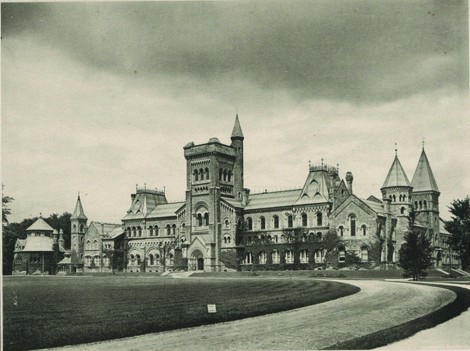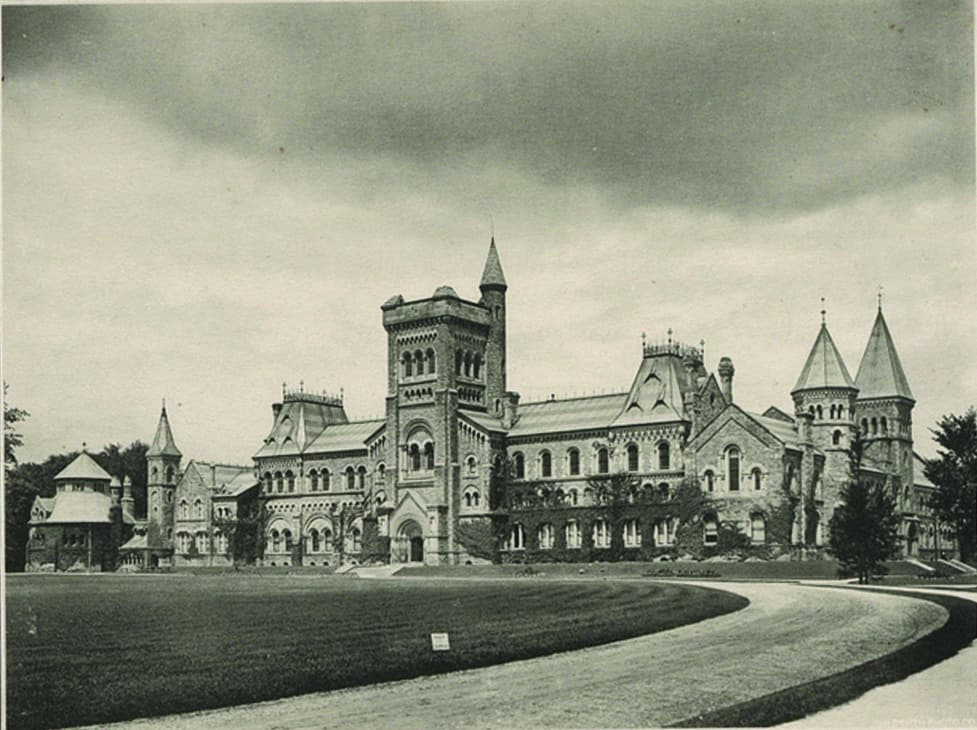Picture this: You’re a university student, it’s a Thursday night; and you probably have a 10:00 am class the next morning, but here you are, at a house party — bumping and grinding to the melodious, yet somewhat raunchy, old school “Ignition (Remix)” by R. Kelly.

Sadly (but not really), what you’re imagining isn’t fiction, but the reality of students at U of T.
It’s happened to the best of us.
But why do we indulge in nostalgia?
In the social prison that was high school, weren’t we taught that it wasn’t cool to express your love for The Lizzie McGuire Movie? Wasn’t it trashy to ask or force the DJ at prom to switch the music from a slow and calming Backstreet Boys song to an equally calming but fast-paced “Barbie Girl” by Aqua?
What is it about being in university that breeds a new interest for nostalgia?
The answer is, everything.
Nostalgia is a vehicle for escapism. When we sit alone at a decrepit study booth in Robarts, it soothes our souls to remind us of a time when we didn’t have the responsibilities of being “adult.” A time when we didn’t have to be staring at a blank document that should be filled with 4,000 words expressing our opinion on how feminism has affected the Suez Crisis. Instead, we get to go back to a time when things were much simpler — better, even. A time where Nick Lachey and Jessica Simpson were still newlyweds, arguing about what type of animal was used in their “Chicken of the Sea” can of tuna.
Nostalgia can often act as a social tool in mending flailing relationships. If you’re in a tiff with your best friend, a sure-fire way of saving your friendship is by taking a night out to watch the 1988 classic Beaches. By the time “Wind Beneath My Wings” starts playing, the beautiful voice of Bette Midler would cause you to realize the futility of your misunderstanding. This will almost always result in you chasing down your friend at midnight to apologize, as you’ll immediately realize that life is finite; you never know when an unknown illness will strike your friend down.
Nostalgia can also have its educational benefits: the 97 minutes you take to watch Clueless, a film loosely based on Jane Austen’s Emma, is almost identical to attending two, maybe even three, lectures in linguistic anthropology. You’ll be able to identify how teen slang worked its way from popular culture into our modern language — all while having a good laugh at the outrageous Valley Girl subculture that’s prominent throughout the movie
In September, Aaron Carter played at Lee’s Palace to a strictly 19+ crowd. All the proof you really need of the importance of nostalgia to university students lies in watching the young-adult crowd simultaneously belt out “Aaron’s Party.”


